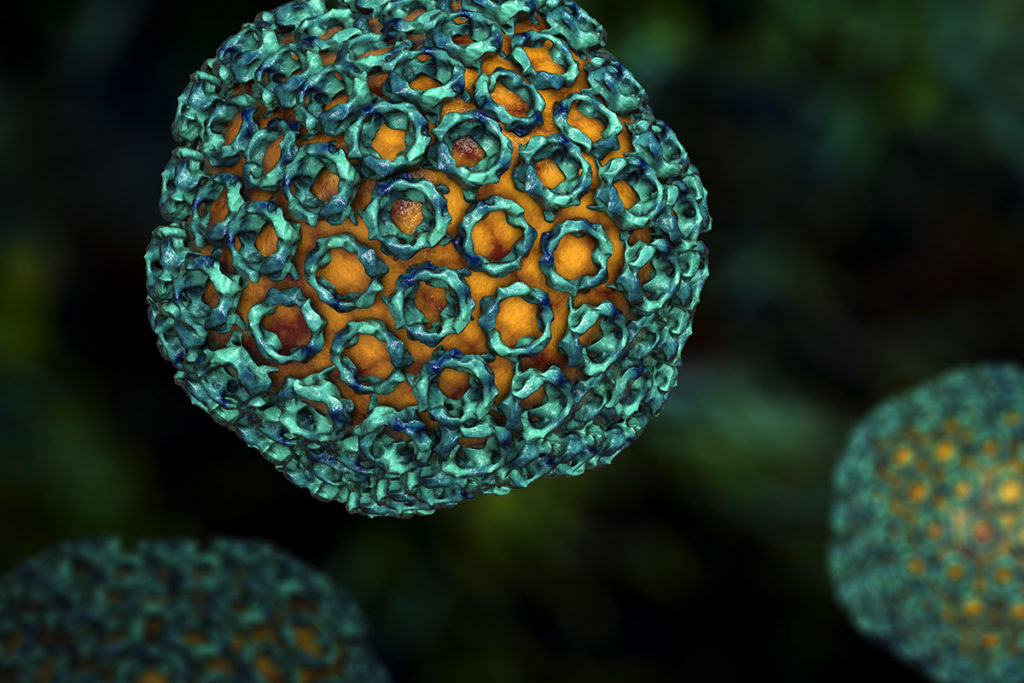MIT has a long-standing tradition of excellence in microbiological research, and there are over 50 faculty from several different departments and divisions who study or use microbes in significant ways in their research.
Research in microbiology is going on throughout MIT and includes more than 50 faculty. These faculty are from several departments and divisions in both the Schools of Science and Engineering, including: Biology; Biological Engineering; Chemical Engineering; Chemistry; Civil and Environmental Engineering; Earth, Atmospheric and Planetary Sciences; Electrical Engineering and Computer Science; Materials Sciences and Engineering; and Physics. Many labs take multiple approaches to studying and manipulating microbial systems and the expertise and research covers a wide range of areas, including biochemistry, biotechnology, cell and molecular biology, chemical and biological engineering, computational biology, ecology, environmental biology, evolutionary biology, genetics, genomics, geobiology, immunology, pathogenesis, structural biology, synthetic biology, systems biology and virology.
The program integrates educational resources across the participating departments, to build connections among faculty with shared interests from different units, and to build an educational community for training students in the study of microbial systems.
The graduate training program aims to attract and train a talented group of students interested in a range of aspects of microbiology. The program will provide students a broad exposure to underlying elements of modern microbiological research and engineering, and will provide depth in specific areas of microbiology during the student‘s thesis work. Students completing this program will be prepared and able to go into a range of fields in microbial science and engineering. Students with interdisciplinary training in microbiology are in increasing demand in both public and private sectors. With the broad interdisciplinary training and high quality in-depth research experience, students from this program will have excellent career options in academic, industrial, and government settings.
Microbiology is fundamental to the life sciences
The study of microbes has been critical in our current understanding of basic biological processes, evolution, and the functions of the biosphere and has contributed to numerous fields of engineering. Microbes have the amazing ability to grow in extreme conditions, to grow slowly or rapidly, and to readily exchange DNA. They are essential for life as we know it, but can also be agents of disease. They are instrumental in shaping the environment, in evolution, and in modern biotechnology. They are amenable to virtually all modern approaches in science and engineering. They provide natural engineering laboratories for creating new capabilities for industry (e.g., pharmaceuticals, chemicals, energy), and are the foundation of pioneering efforts in synthetic biology – i.e. building life from its component parts. Effective study of microbes and their applications demands multiple interdisciplinary approaches that cross all scales of biological organization, from molecules to vast ecosystems.
Microbiology and Energy
Microbes have tremendous potential for use in energy generation. They are able to synthesize materials useful for producing energy and their remarkable metabolic processes can be harnessed for energy generation. One of the hallmarks of the microbial world is the ability of microorganisms to catalyze diverse and challenging chemical reactions as part of their metabolism. Complex processes such as photosynthesis, nitrogen fixation, conversion of methane to methanol, lignocellulose degradation, ethanol production, and electron transfer to solid substrates (to name just a few) can potentially be harnessed for the purpose of energy generation. Over billions of years, microbes have evolved sophisticated catalytic machinery for energy generation that has actively shaped the geochemistry of the Earth. Today, we can study how their catalytic abilities manifest their effects in various environments, including the world’s oceans and terrestrial habitats. Many labs at MIT are focused on understanding the diverse cellular and metabolic processes of microbes and using this basic information for purposes of energy production.
Initial financial support for the Microbiology Graduate Program came from the School of Science, the School of Engineering, the Provost’s Office, and the Departments of Biological Engineering, Biology, Chemical Engineering, Chemistry and Astra Zeneca. Current financial support comes from the School of Science, the School of Engineering, and the Departments of Biological Engineering, Biology, Chemical Engineering and Civil & Environmental Engineering.
